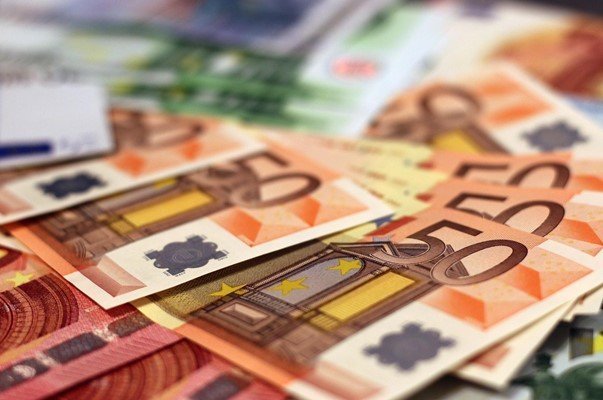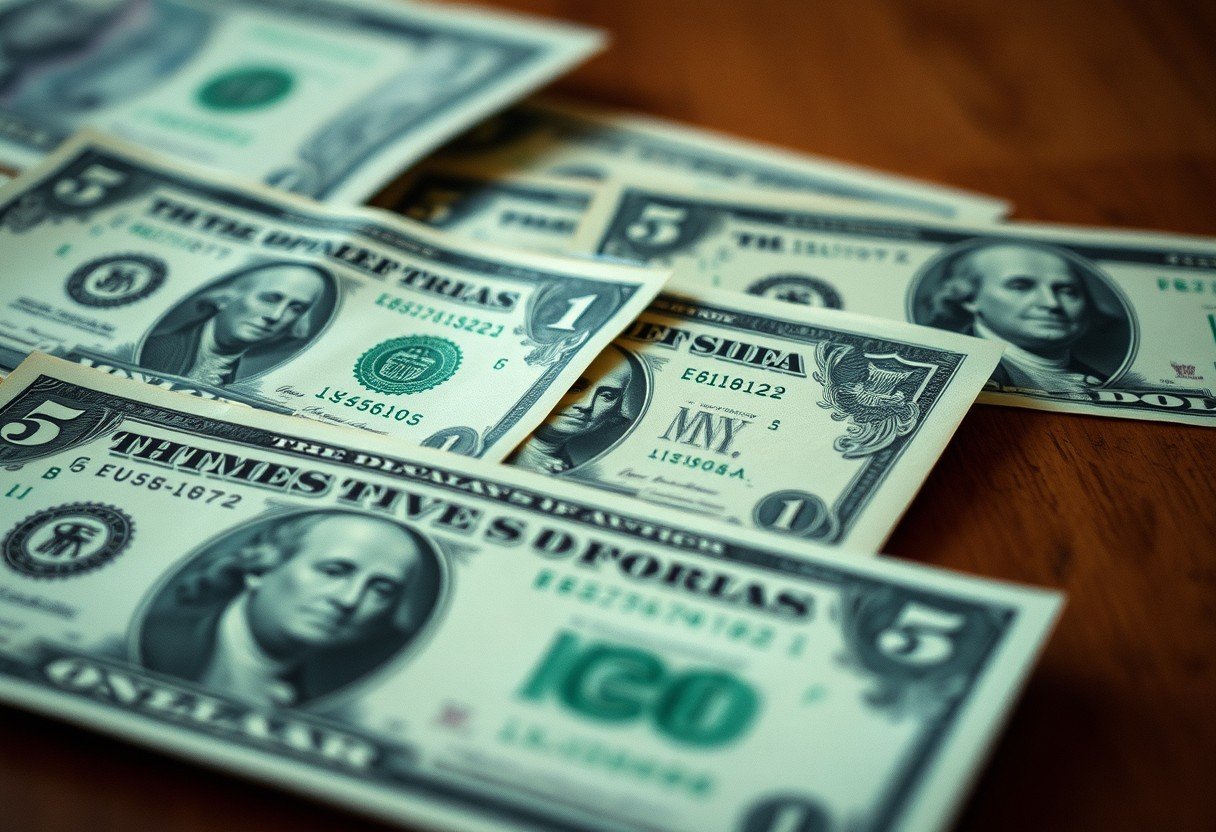Term deposits are a secure way to grow your savings with a fixed interest rate, protecting you from stock market volatility. But have you noticed that the rates banks offer can change significantly? Understanding why these rates fluctuate is key to maximizing your returns. Several economic and bank-specific factors, from the central bank’s policies to the amount you invest, determine the interest rate you’ll receive on your fixed term deposit.
The Central Bank’s Official Rate: The Starting Point
The single most important factor influencing term deposit rates is the official bank rate set by a country’s central bank. This is the rate at which commercial banks borrow from the central bank, and it acts as a benchmark for almost all other interest rates in the economy, including mortgages, loans, and savings products.
When the central bank increases its official rate, it becomes more expensive for commercial banks to borrow money. To attract the funds they need for lending, they will offer higher interest rates on term deposits to savers.
Conversely, when the central bank lowers its rate, banks can borrow more cheaply. This reduces their incentive to attract depositor funds, so they typically lower the interest rates offered on term deposits. Therefore, a higher official bank rate generally leads to higher term deposit rates for consumers.
How Your Investment Amount Affects Rates
The principle is simple: the more money you are willing to deposit, the more valuable you are to the bank. Banks use your deposited funds to lend to other customers at a higher rate, which is how they make a profit. A larger deposit provides them with more capital to work with.
To encourage larger investments, banks often use a tiered interest rate structure. This means they offer different rates for different deposit amounts.
- Deposits from $1,000 – $9,999: Might receive a standard base rate.
- Deposits from $10,000 – $99,999: May qualify for a slightly higher interest rate.
- Deposits over $100,000: Often receive a premium rate and may even have room for negotiation.
If you are planning to invest a substantial sum, it is always worth asking the bank if a better rate is available. For very large deposits, you can often negotiate not just the rate but also other terms of the investment directly with a bank manager.
The Impact of the Deposit’s Term Length
Just as the amount of your deposit matters, so does the length of time you are willing to lock it away. Banks value certainty. A longer-term deposit provides them with a stable and predictable source of funds that they can use for long-term lending, such as home mortgages.
To reward you for this long-term commitment, banks almost always offer higher interest rates for longer terms. Leaving your money for five years will typically earn you a much better rate than locking it in for just six months or a year. This is because the bank has guaranteed access to your funds for a longer period.
Here is a simple example of how rates might differ based on the term:
| Term Length | Example Interest Rate (p.a.) |
| 6 Months | 3.50% |
| 1 Year | 4.25% |
| 3 Years | 4.75% |
| 5 Years | 5.00% |
Frequency of Interest Payments: A Key Factor
You can often choose how you receive your interest payments. Common options include monthly, quarterly, semi-annually, or having it all paid out with your principal amount at the end of the term (at maturity).
This choice can subtly affect the rate you are offered. If you choose to have your interest paid out regularly, such as every month, the bank might offer a slightly lower rate. This is because you are not allowing the interest to compound within the deposit.
On the other hand, if you let the interest “roll over” and compound, you earn interest on your interest, leading to a higher total return at maturity. Banks may reward you for choosing to compound your interest by offering a marginally better headline rate.
Competitive Edge: Bank Marketing and Strategy
Banks are businesses competing for your money. A key way they attract new customers and deposits is by offering attractive, market-leading interest rates. A bank might launch a special promotional offer with a high term deposit rate to quickly increase its deposit base or gain market share.
This is why it’s crucial to shop around. Never assume your current bank is offering the best rate. A quick comparison of the rates offered by several competing banks can reveal if you are getting a good deal or if you could earn more by moving your money elsewhere.
A Bank’s Own Financial Health and Needs
Sometimes, a bank’s internal situation dictates the rates it offers. If a bank wants to increase its funding from reliable local sources and reduce its dependence on overseas money markets, it might raise its interest rates on term deposits to attract more local savers.
Similarly, if there is a high demand for loans from its customers, a bank will need more depositor funds to meet that demand. In this scenario, it is likely to offer higher rates to encourage people to deposit their money, providing the necessary capital for its lending operations.
The Stock Market’s Indirect Effect on Deposit Rates
While term deposits and stocks are very different investments, they compete for the same pool of investor money. When the stock market is performing exceptionally well, more people are tempted to invest in stocks for the chance of higher, faster returns.
During these times, fewer funds flow into safer, lower-return products like term deposits. To remain competitive and prevent a large outflow of cash, banks may be forced to increase their term deposit rates to make them a more attractive and secure alternative to a volatile stock market.
Frequently Asked Questions about Term Deposit Rates
What is the main factor that affects term deposit rates?
The most significant factor is the official interest rate set by the country’s central bank. When this rate goes up or down, the interest rates on term deposits offered by commercial banks almost always follow suit.
Can I get a better interest rate by investing more money?
Yes, absolutely. Banks typically offer higher, tiered interest rates for larger deposit amounts. For very large sums, you may even be able to negotiate a custom rate directly with the bank.
Is a longer term deposit always better?
A longer term usually gets you a higher interest rate, which is great for returns. However, your money is locked in for that entire period, so you must be sure you will not need access to it before it matures.
How does the stock market influence term deposit rates?
The stock market competes with term deposits for investors’ money. If stocks are providing high returns, banks may need to increase their deposit rates to keep their savings products attractive and secure a stable source of funds.
Can I negotiate my term deposit rate with my bank?
Negotiation is often possible, especially if you are investing a large amount of money, typically over $100,000 or $200,000. It is always worth asking if a better rate is available for a high-value deposit.








Leave a Comment